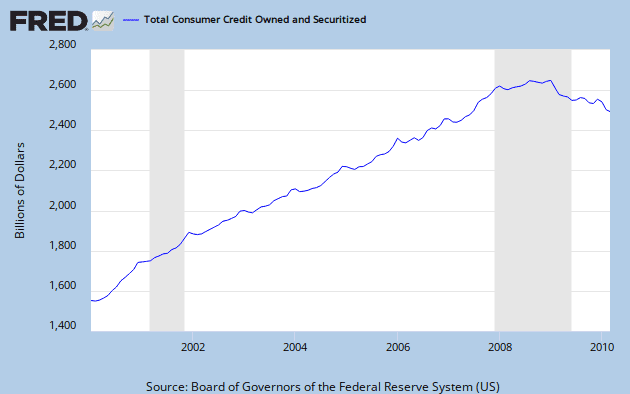- Banned
- #101
You mean "survive"When it goes to directed stimulus, it provides capital to help business thrive.
Look up the facts, tax cuts under Reagan did not add to the deficit. Federal revenues increased.Just like the Reagan tax cuts were supposed to help the economy by adding to the deficit, but increasing capital available for economic growth.
Not until after the recovery got into full swing, 2 1/2 years after Reagan took office. And by that point Reagan was already raising taxes again.
Over the long run, the stimulus will also raise revenues, in the exact same way.
Symantics. When the federal government takes control of the industry, that's nationalization. You will now be forced to purchase health insurance or you will be forced to provide it for others. How is that not a financial burden?1. Health Care was not "Nationalized", nor was there ever a plan for "Nationalizing Health Care" on the table.
It is not "semantics". The federal government is not in fact "taking control of industry". Forcing people to be insured is in no way "taking control of industry".
Corporate Earnings Sink Due to Health Care Reform2. How does the reform they actually did put in place "reduce corporate earnings", specifically?
That is not a reduction of corporate earnings...
That is a reduction of taxpayer contributions to corporations. And the taxpayer contributions in question were "double-dipping" at that.
Unless you consider money that taxpayers give corporations to be somehow "earned" by the corporation.




